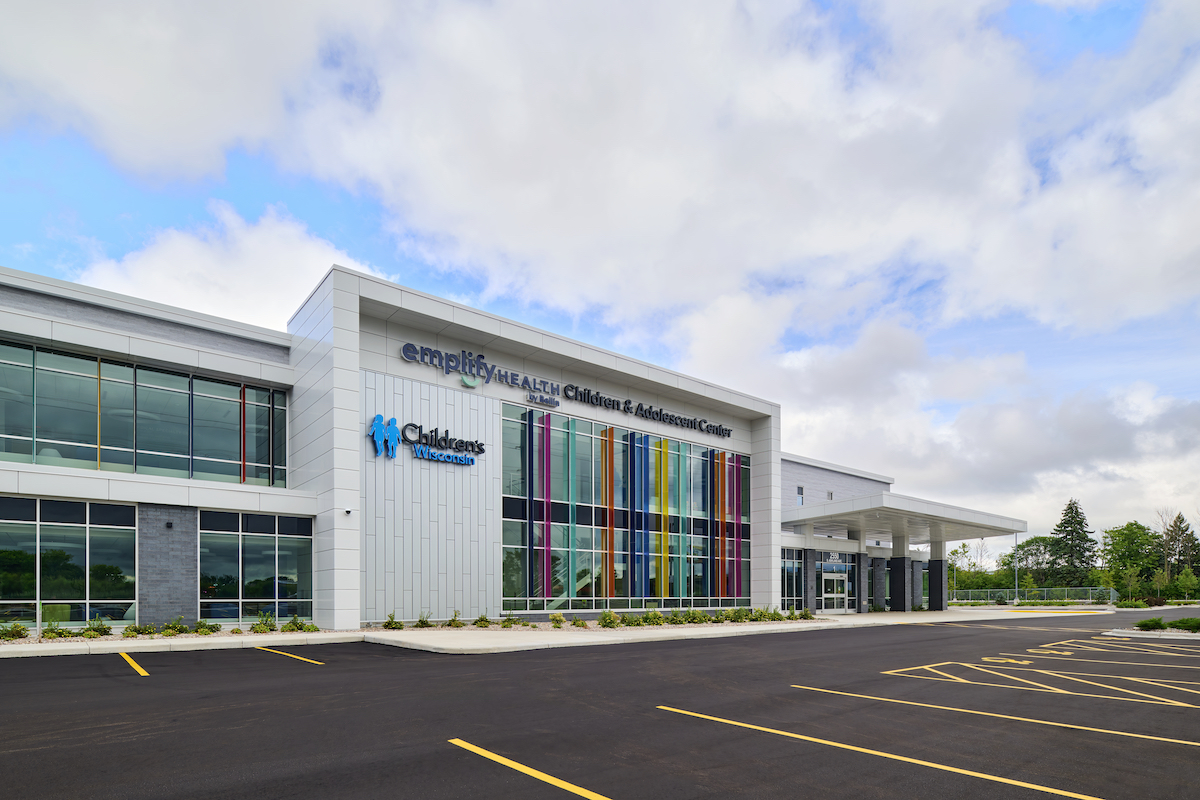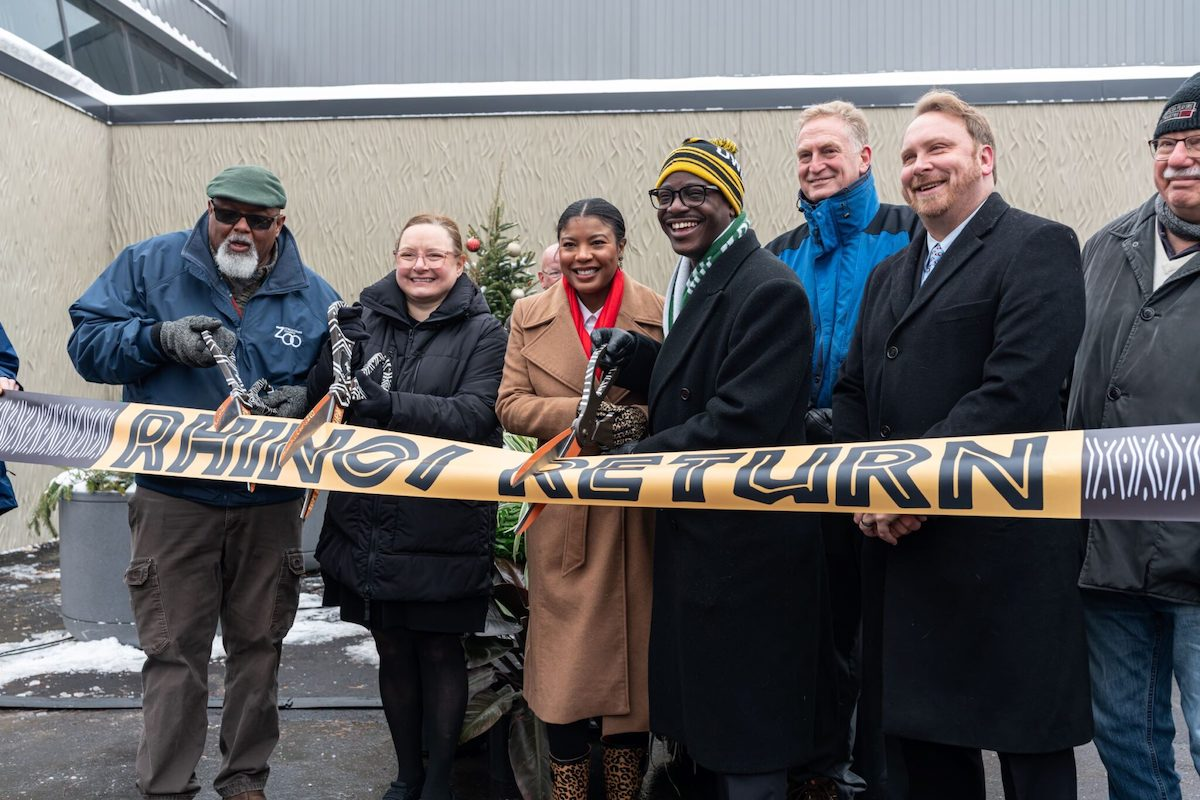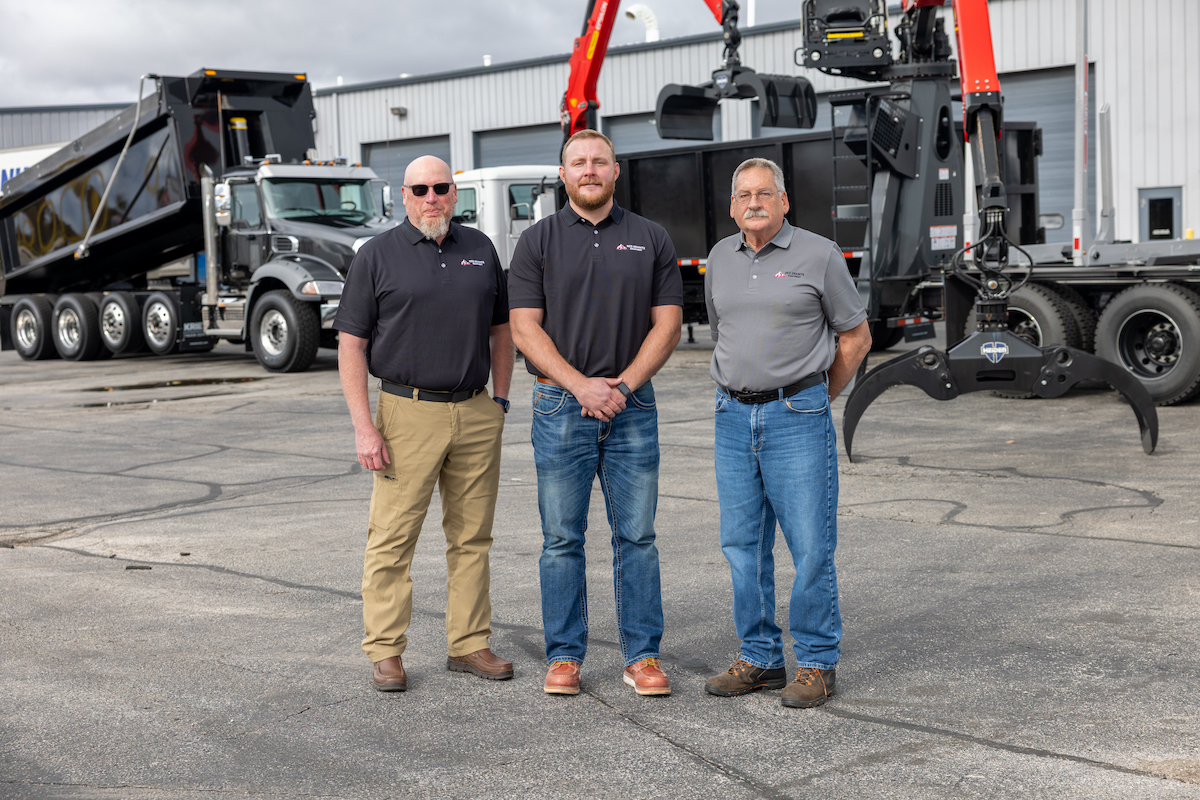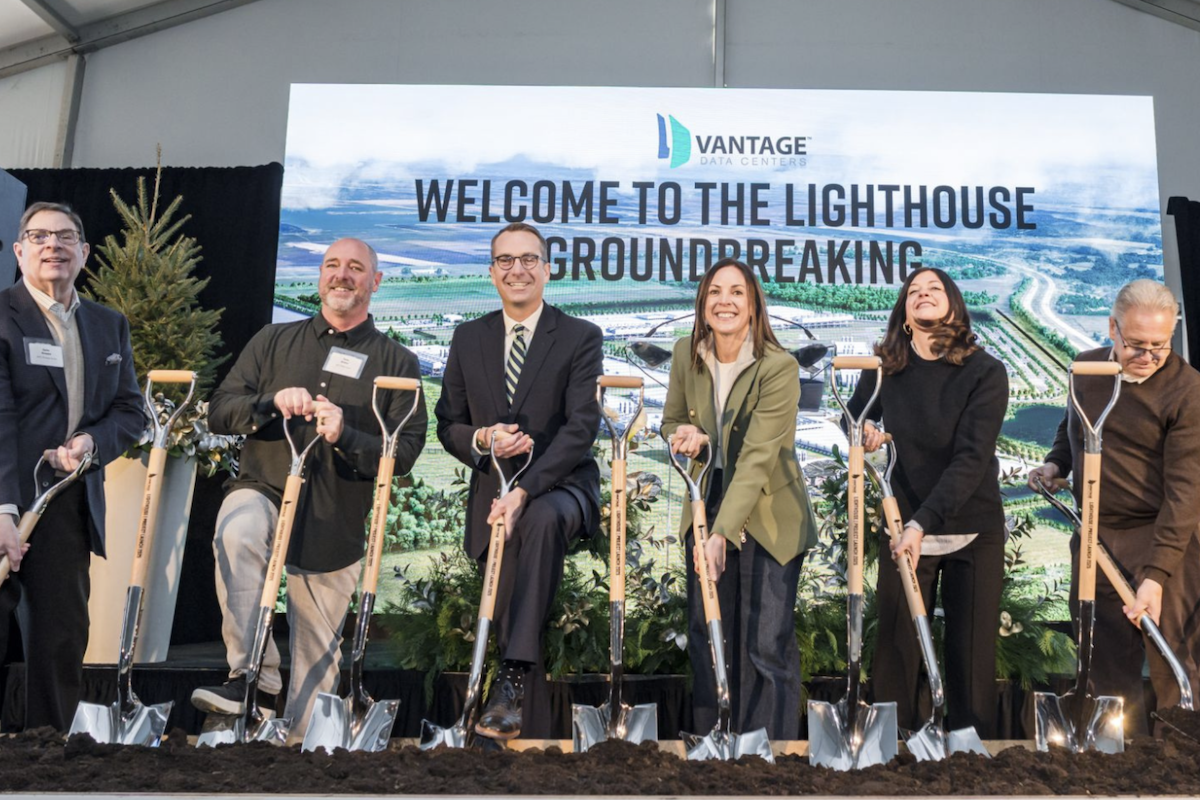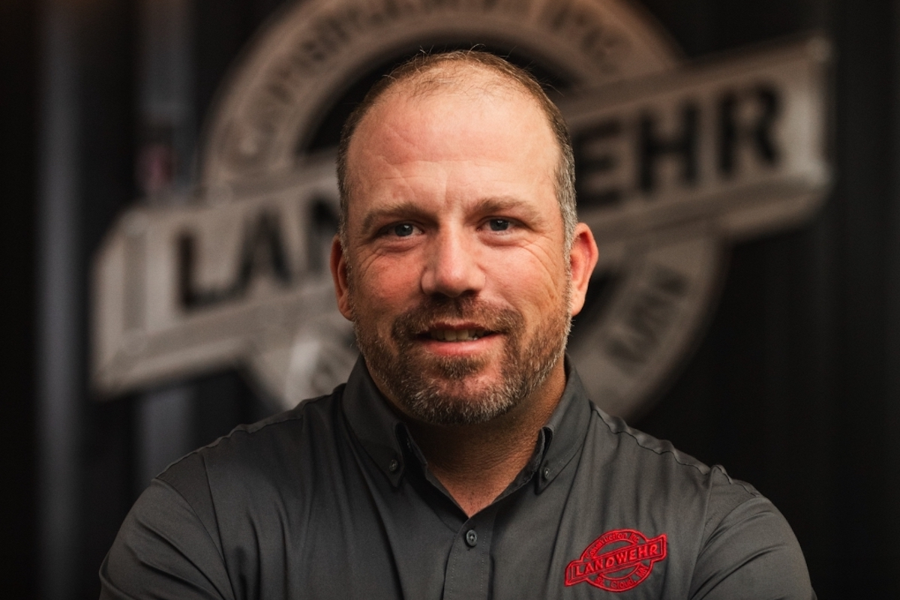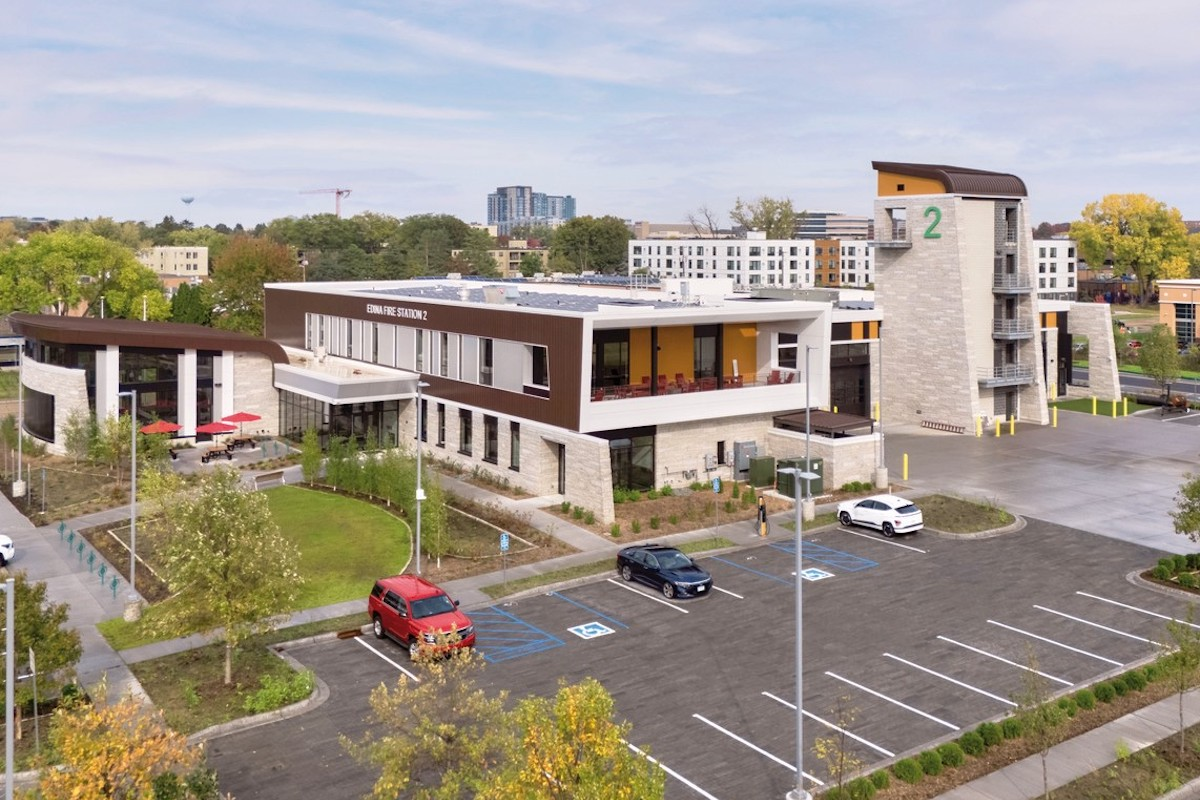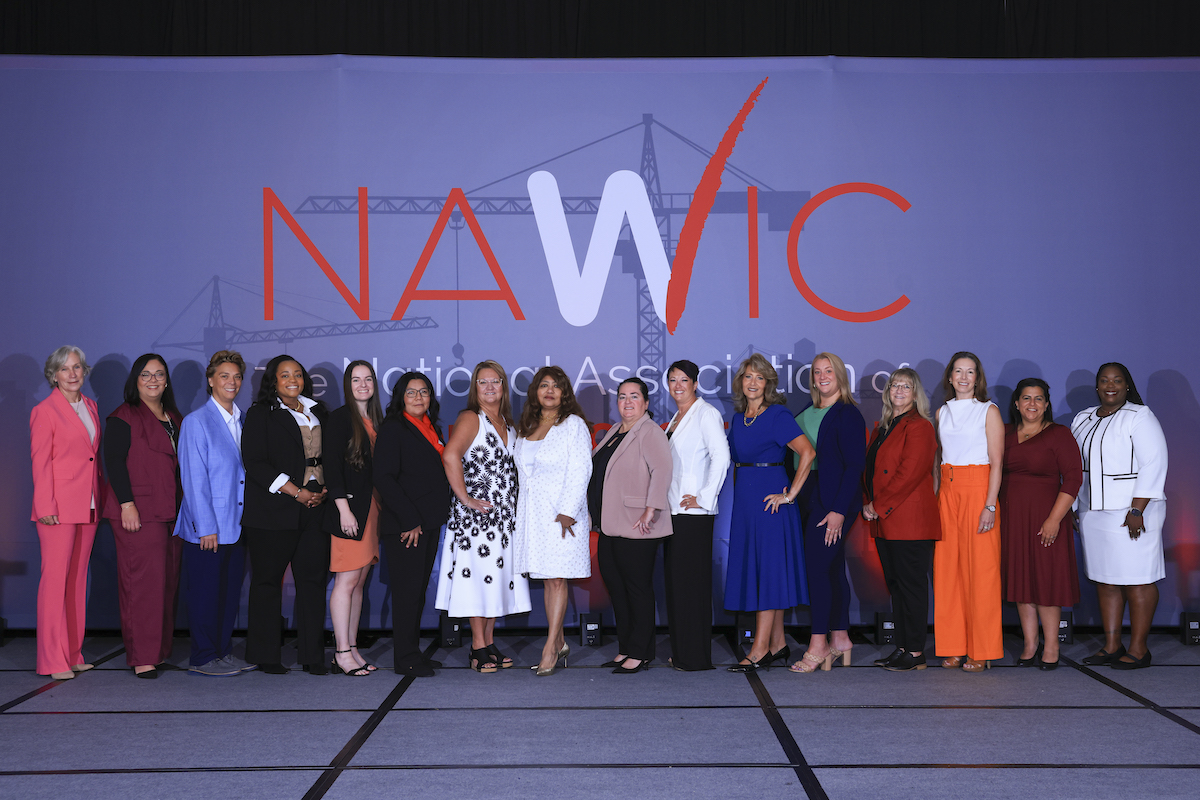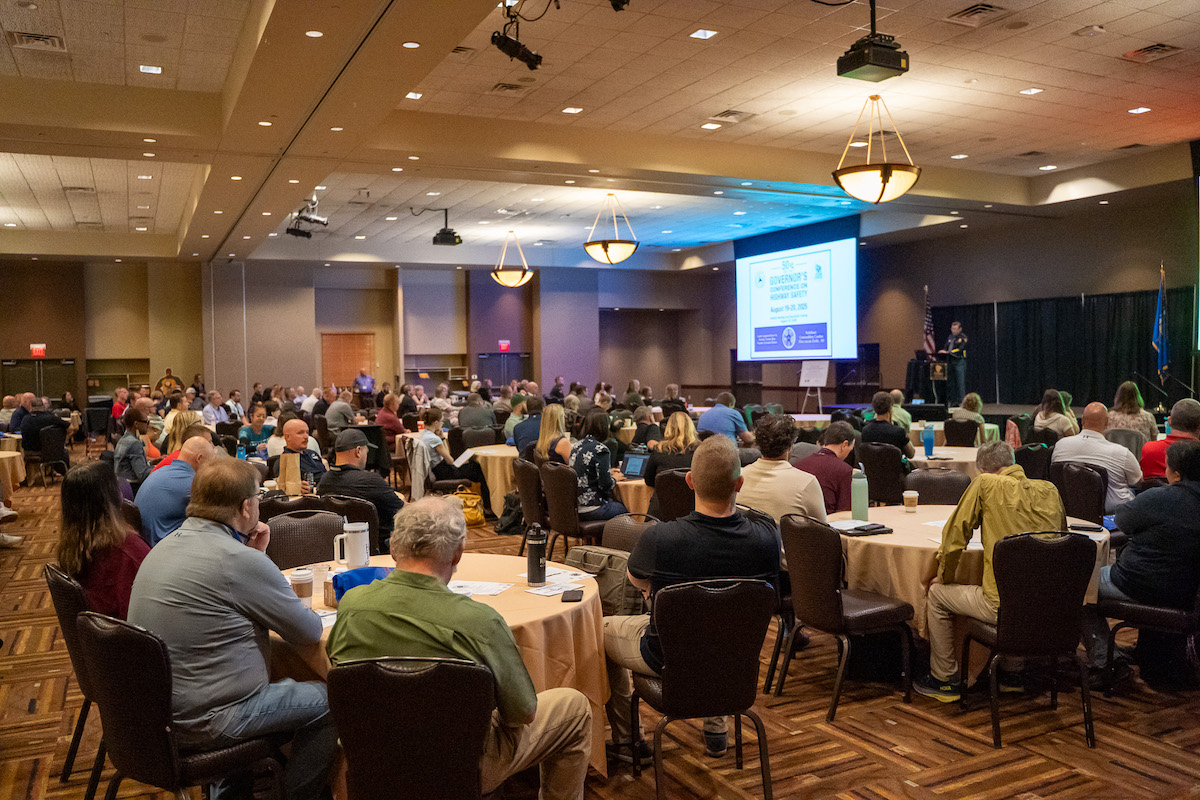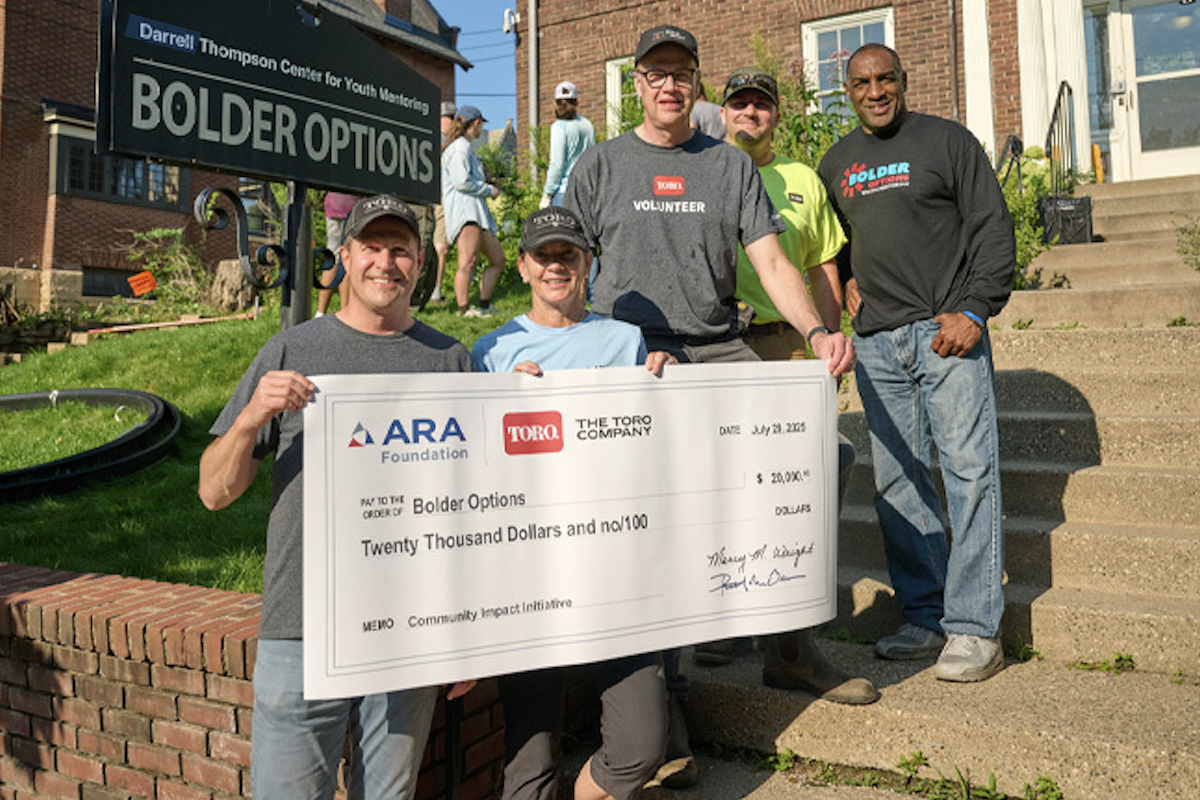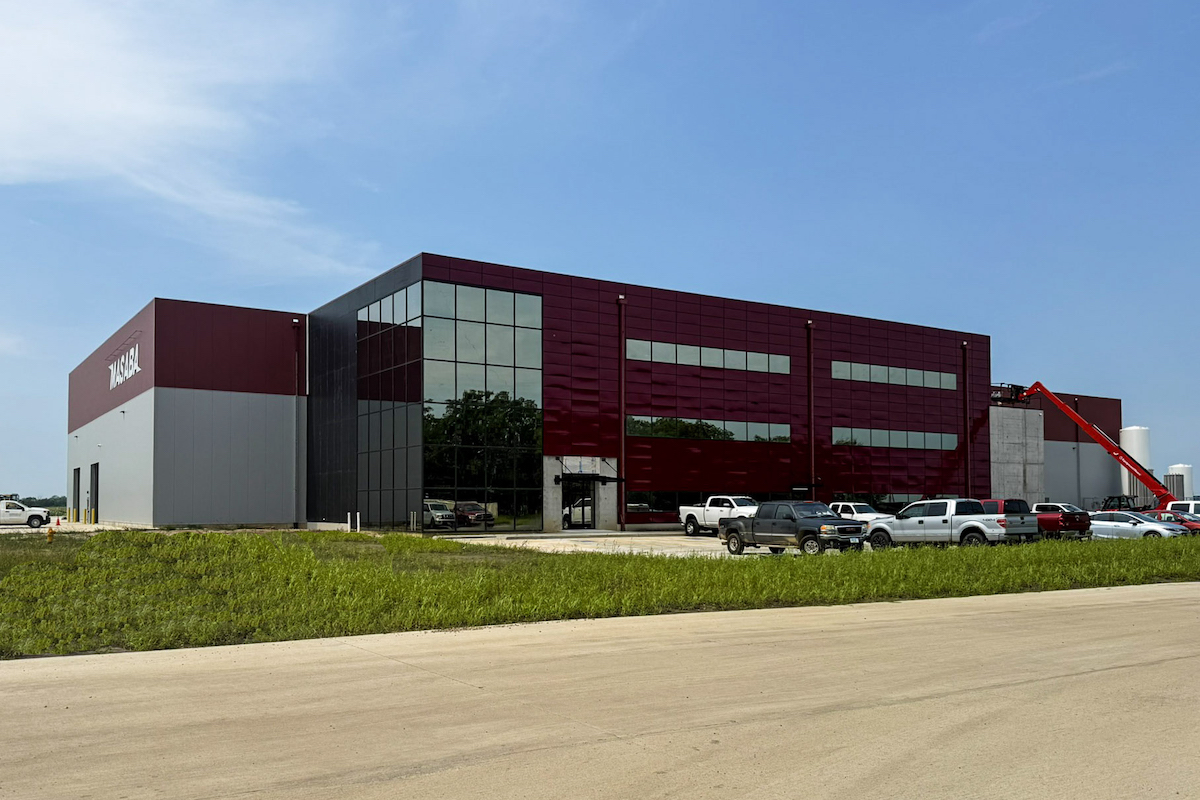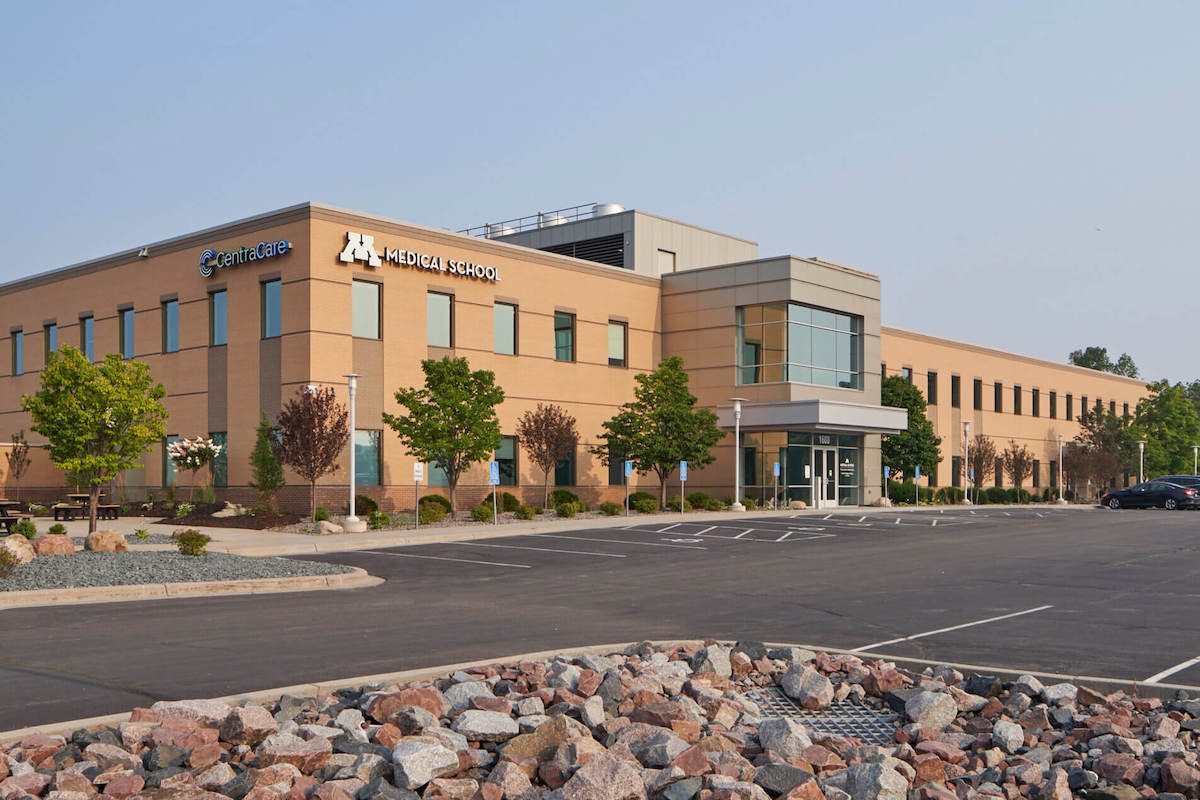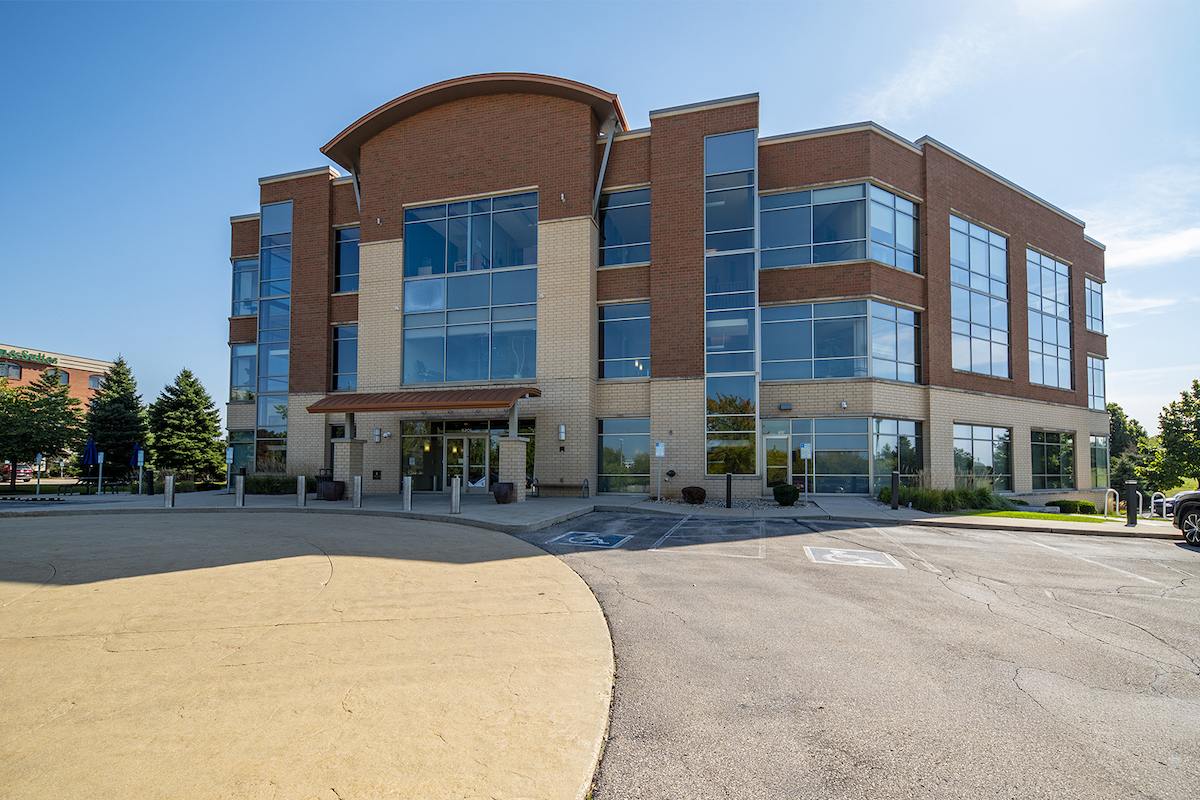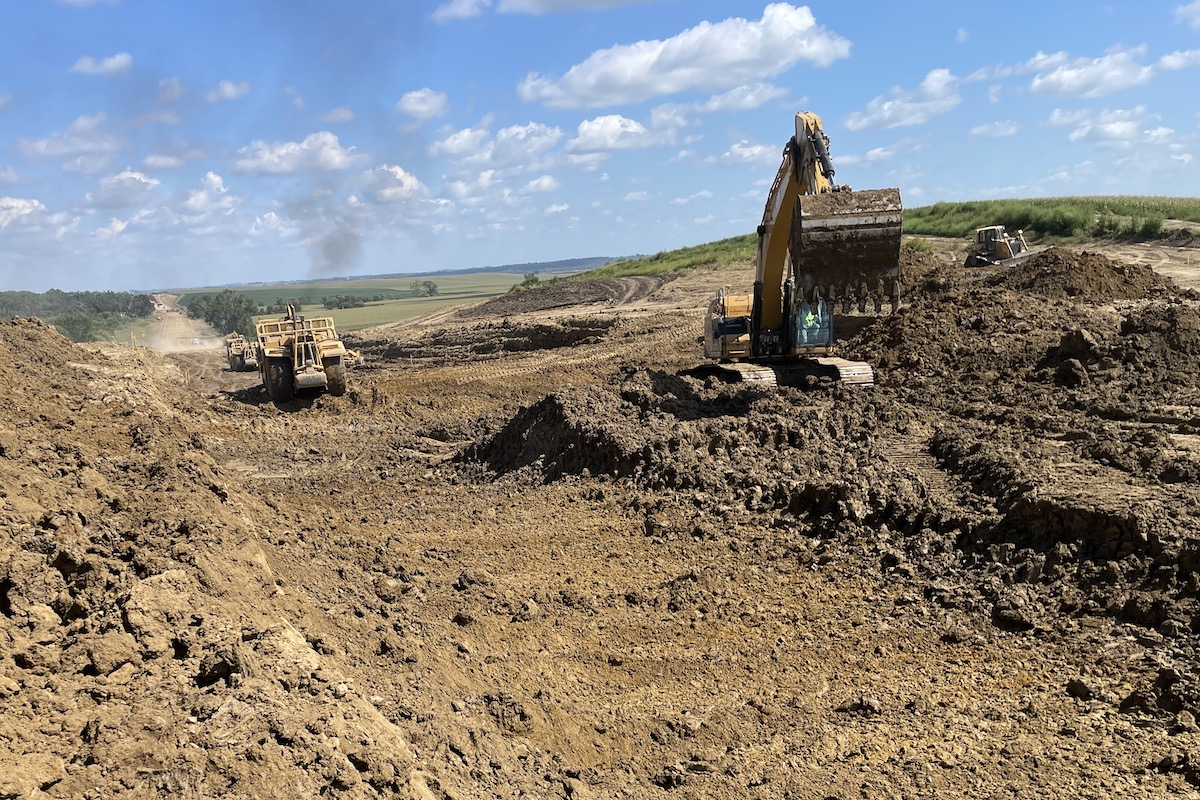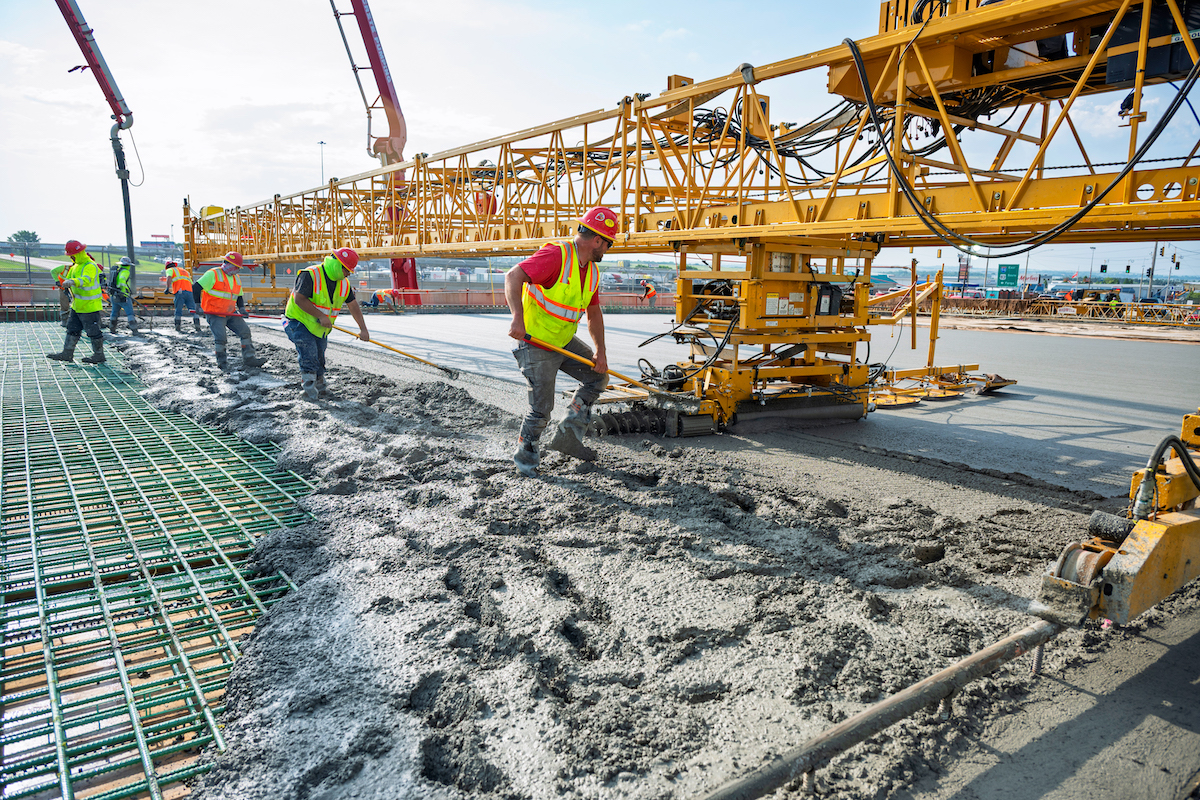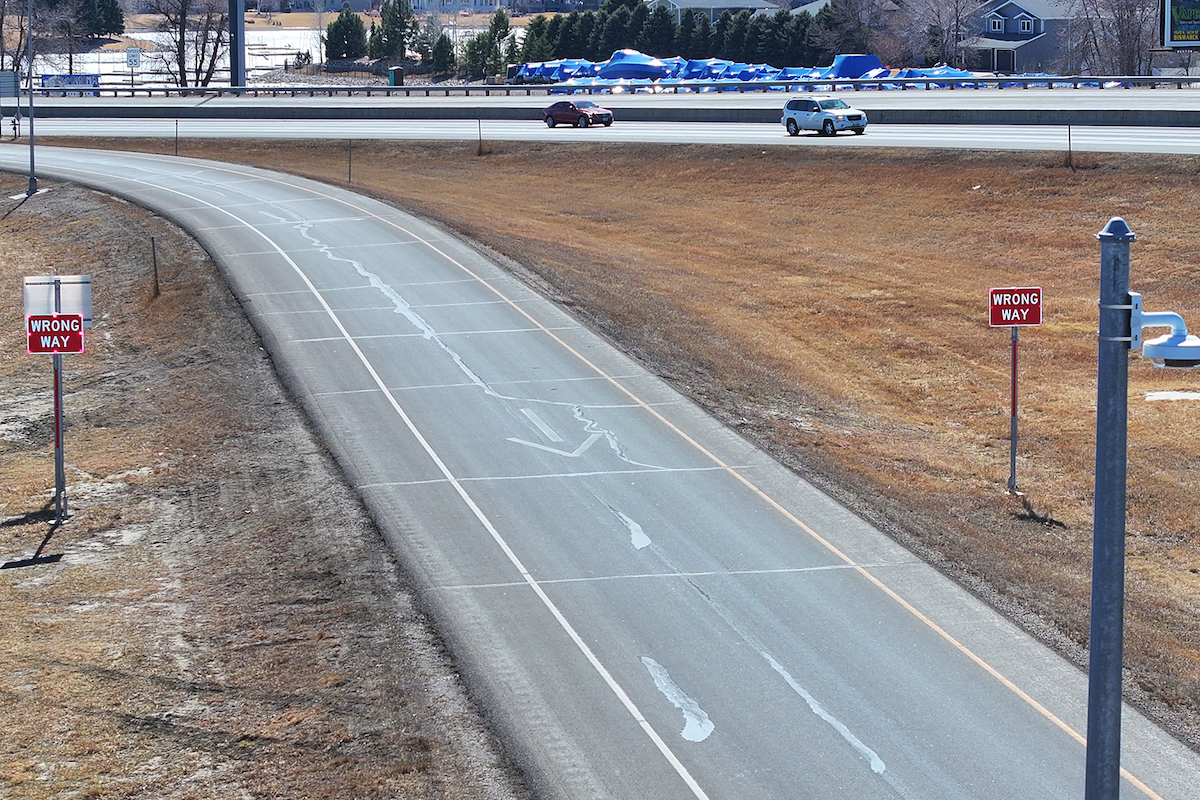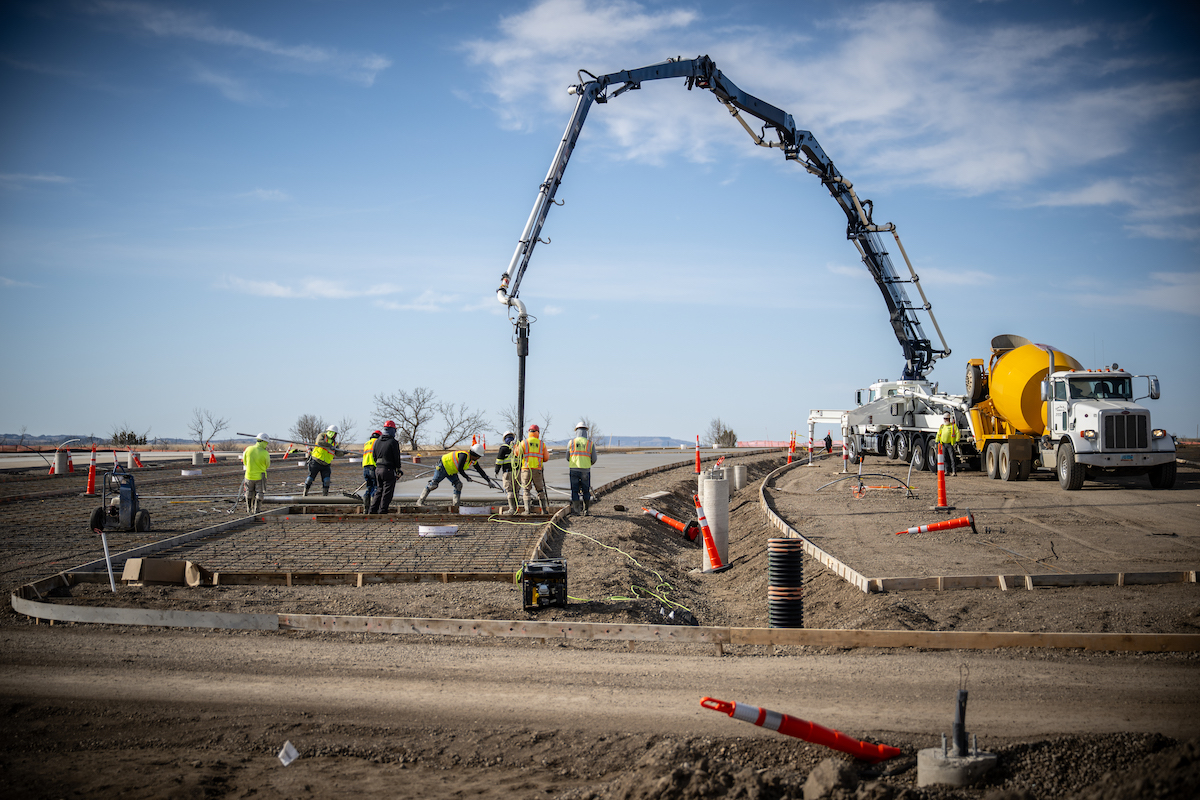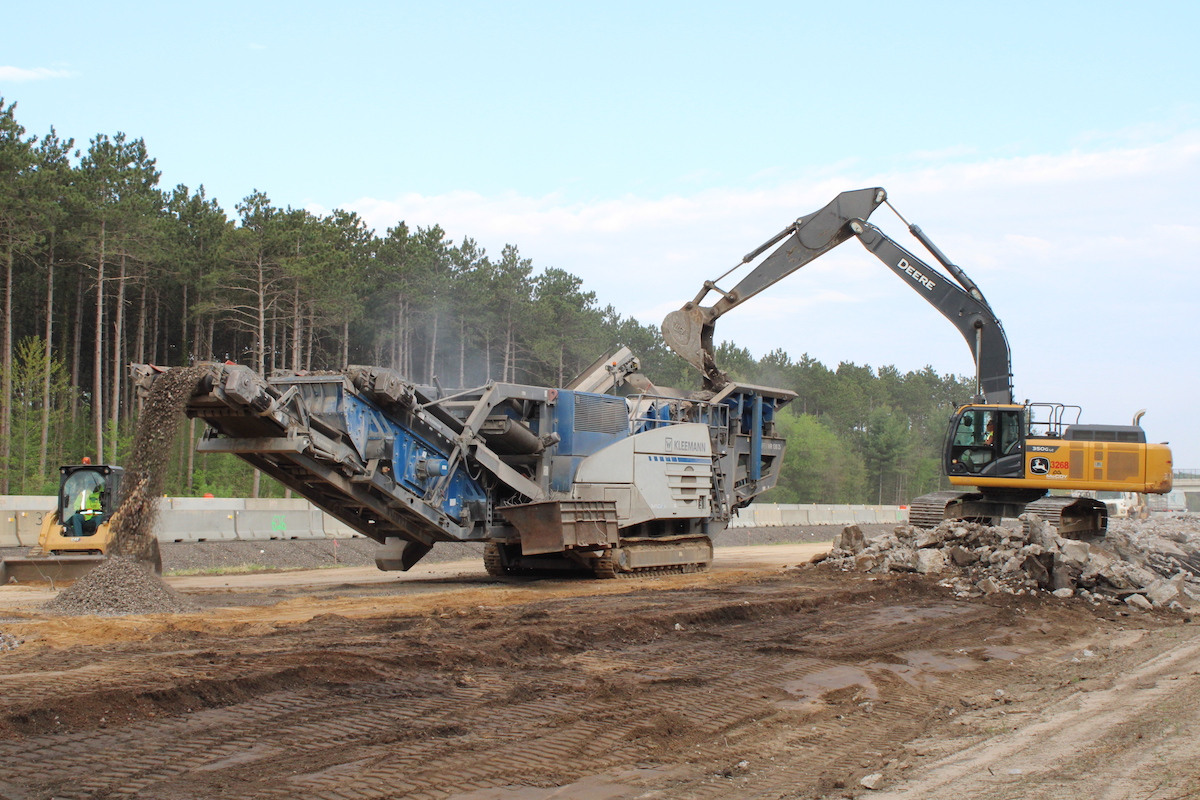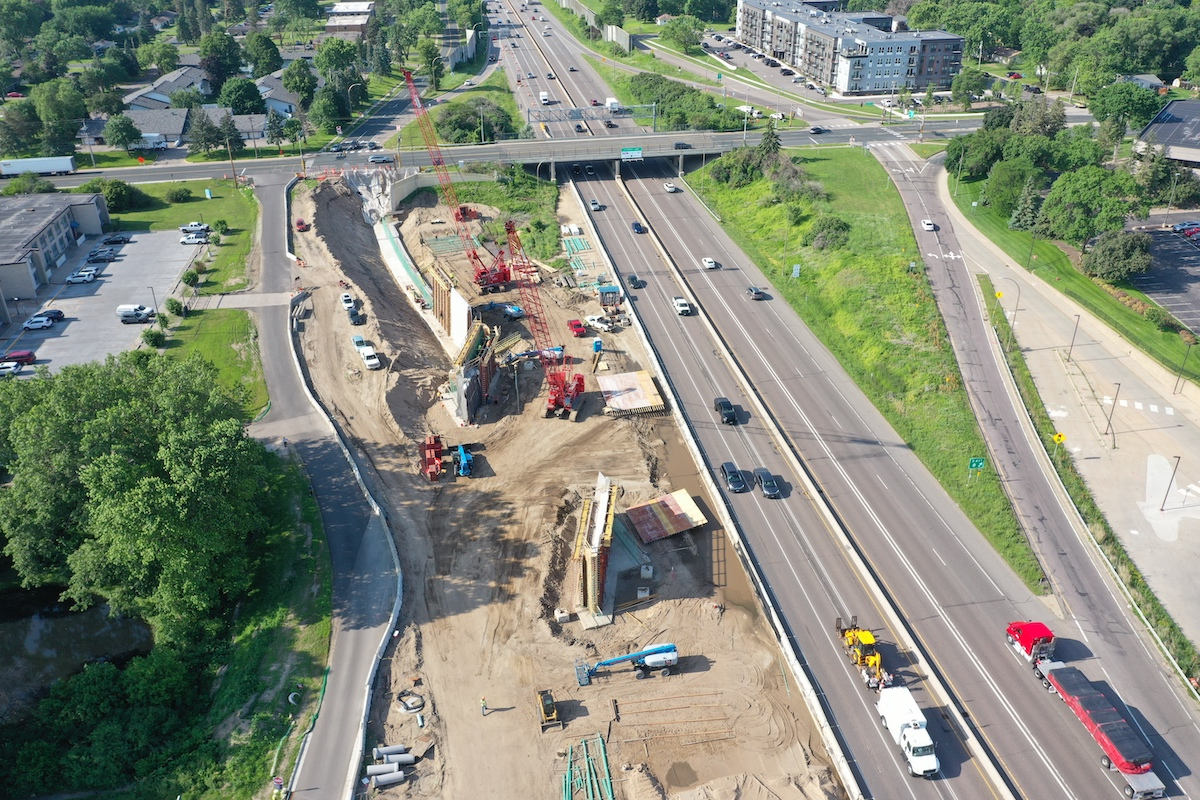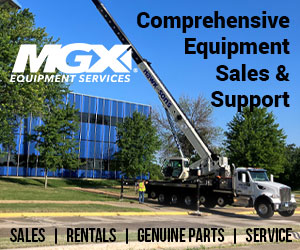The average daily traffic count along the route is 200,000, with the number slightly higher on the eastern end and slightly lower on the western end. Throughout the corridor, there is significant congestion. “Commuters experience 8-10 hours of congestion daily along the corridor," says Susan Shaw, VDOT’s Megaprojects Director. "Excessive traffic leads to overflow on the feeder and parallel roads. In addition, there is a limited carpool culture and few transit options."
Before the project, there was a single HOV lane with no separation between it and the standard lanes. Shaw says this made managing and enforcing usage difficult.
Even with the added capacity, VDOT does not expect the roadway to be completely congestion free. “We can’t provide enough roadway capacity to meet the demand, but we can manage demand,” says Shaw. “The new system is focused on moving more people, not necessarily more vehicles.” How so? The project is adding capacity, giving commuters more reliable and consistent travel options, and encouraging more shared rides.
Multiple new and expanded park-and-ride lots (4,000 new parking spaces) have been built along the route. They will be providing convenient access to the Express Lanes. Plus, new and improved bus services and transit routes are being implemented. Bicyclists and pedestrians also have more options. The team has made bicycle and pedestrian trail improvements, including 11 miles of new trail parallel to I-66, and improved pedestrian facilities on new bridges over I-66 (18+ miles of trail in total).

| Your local Volvo Construction Equipment dealer |
|---|
| Nuss Truck & Equipment |
To ensure proper access to and from the express lanes and accommodate a wider I-66 and median, the team is rebuilding or modifying 12 interchanges, constructing 63 bridges, demolishing 33 bridges (17 complete, 16 partial), installing 2.2 million square feet of new and replacement noise wall and 2.3 million square feet of retaining wall.
- 3.1 million tons of asphalt (max laid in a month, 121K tons June 2021; over 1M tons laid in 2021)
- 57 million pounds of steel
- 300+ pieces of heavy equipment
- Average 2,000 local workers per day during peak construction
- Over 400 local/regional subcontractors and suppliers
- Record production during Summer 2020 “peak construction season” ($293 Million) with max production in a month of $72.4M (Oct 2020)
- 11.65 million work hours (as of September 30, 2022)
A project of this magnitude is bound to face some challenges. “This project involved lots of everything,” Shaw says.
More materials would have been necessary if not for using a rubblizing machine. The team used the machine to break up or rubblize more than one million square yards of the existing concrete pavement without damaging the concrete treated aggregate (CTA) layer (the largest area of rubblization in the country). The team then reused the rubblized material as subbase for the new roadway. The project involved the development of a perpetual pavement. The only work that will be needed moving forward will be mill and overlay - the sub-base will not require work.
The reuse of the rubblized concrete and the perpetual pavement provided cost savings, while the former also saved time on the project.
Besides keeping construction moving forward, the team had to ensure traffic could continue to flow. Getting workers and materials in and out of the area is also a challenge. The area is constrained as it is right up against multiple neighborhoods “We had lots of meetings with homeowners’ associations and communities to discuss construction and how impacts could be minimized,” says Shaw.

| Your local Link Belt dealer |
|---|
| Hayden-Murphy Equipment Co |
Another challenge was having two live Metrorail stations and rail tracks in the middle of a portion of the project area. Working around the area required lots of coordination.
The design-build method has been a key in moving the project forward. “We were able to break the project into smaller components and get the team moving on it while the designers were working on the next segment,” says Nancy Smith, Corporate Affairs Director with I-66 Express Mobility Partners. “The design-build fast track process has allowed us to meet construction timelines.”
The project began in December 2017, but heavy construction did not take place until late 2018 and early 2019. The project was scheduled to open the new express lanes in December 2022. However, the team is ahead of schedule - almost unheard of in projects of this size.
The western end of the express lanes opened to tolling ahead of schedule in September 2022, with the team expecting the remainder of the corridor to open in mid to late November. While construction activities will continue into 2023, this is an impressive feat.
The project design-build cost is $2.3 billion. The project is being privately financed and includes approximately $1.2 billion secured via a low-interest loan from the Transportation Infrastructure Finance and Innovation Act (TIFIA). The TIFIA program “provides credit assistance for qualified projects of regional and national significance.” The P3 agreement between the Commonwealth and I-66 EMP runs through year 2066.

| Your local Komatsu America Corp dealer |
|---|
| Road Machinery and Supplies Company |
The project will transform I-66. Commuters in the area will enjoy improved multimodal mobility with expanded and improved travel choices. Finally, the project enhances transportation safety and travel reliability.
Photos courtesy of FAM Construction, LLC.



















